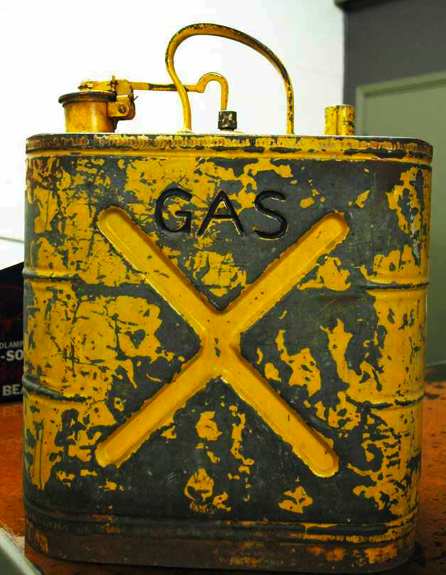A friend from the region sent me this announcement, which I reprint without change:
A Youth Activist Arrested
Baku/Azerbaijan, January 14, 2007On January 13, 2007 Bakhtiyar Hajiyev, a youth activist, Chairman of the local branch of the international youth organization AIESEC (http://www.aiesec.org/) was arrested by the police. He is reported to have been kept in the isolation confinement of the Narimanov distict police office (Baku city). It has also been reported that today, January 14, 2007 in the morning following a closed court session Bakhtiyar Hajiyev was sentenced to twelve days of incarceration as per the decision of Narimanov district court. In response to inquires made by a number of young people, who approached the Narimanov district police station to obtain some information about the legal grounds of Hajiyev’s arrest, the police officers refused to provide any information on the grounds of the arrest, moreover, they expelled the young people from the police station.
There are strong allegations and serious concerns among the youth groups that Bakhtiyar Hajiyev is arrested due to his critical statements made recently with regard to the human rights situation in the country. B. Hajiyev was one of the initiators of the recent campaign against corruption in the educational institutions. He was a founder of the web-site (www.susmayaq.biz which in Azerbaijani means “let’s not keep silent”) launched to express civic protests against the decision of the Tariff Council (dated January 6, 2007) according to which the prices for fuel (gasoline etc) and communal services (water, electricity supply etc) in Azerbaijan have been increased substantially. The web-site posted petition and messages criticizing the official decision on increase of prices called on citizens, who live under the line of poverty, not to keep silent and demand their rights. The web-site was closed down after being in action for about a couple of days.A group of Azerbaijani students and alumni united within Astudents Network express their serious concerns regarding the arrest of Bakhtiyar Hajiyev and call on the Azerbaijani authorities to: respect and ensure respect for human rights and freedoms of B.Hajiyev, especially, his right to have access to a legal counsel of his own choice, and to be free from any kind of inhuman, degrading treatment or punishment; conduct an independent and effective investigation into the circumstances of the arrest, ensure administration of justice and provide for an adequate legal remedies for the protection, restoration of B.Hajiyev’s rights.
A question, not relevant to whether someone should be jailed for his opinions, that I have asked my friend is whether the price increases were justified. Was it a case of removing price controls, or of raising prices charged by state monopolies? The role of free prices in efficient allocation of resources is an important cause for public education (hence not for jailing people who discuss it). In a number of countries with subsidized prices and state allocation systems, when the costs mount and the inefficiencies become more evident (long queues; arbitrage across borders, as low-priced subsidized commodities are resold in neighboring countries at market-clearing prices; corruption; etc.), officials simply announce price increases, which are interpreted as a malicious visitation of harm on the poor. In fact, of course, the real price paid by the poor for price-controlled commodities (in terms of waiting time, bribes, and the like) is often greater than the new nominal price, but understanding that requires public education. Shutting down discussion is surely not the route to such public acceptance, besides being unjust in itself.

UPDATE: My friend sent me this note in response to my query about prices:
To answer your question is really difficult: Prices are subsidized in Azerbaijan but the recent price hikes do not necessarily mean removing price controls or monopolies. They still exist and certainly efficient allocation of resources is out of picture.
Prices get higher and higher while Azeri manat appreciates, exports are not available and non-oil sector is extremely weak. So as you understand we are starting to experience Dutch disease syndrome slowly…***
And he added this happy news:
He’s been released today evening.
***”Dutch Disease”










Yes I can agree with your comments on price increase in the last passage, but what about if we pay for energy and electricity as much as Americans but our salaries is 200-300 dollars a month and pensions are rarely up to 100 dollars?
One would expect lower prices, given demand conditions there (and costs of transport); we seem to agree that some public discussion of the pricing system is certainly merited. Otherwise, why not just price the gas, electricity, and other forms of energy at zero?